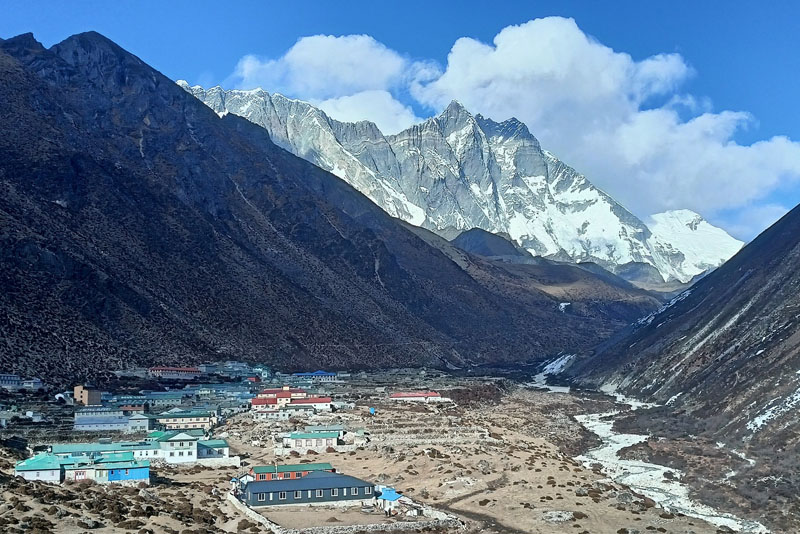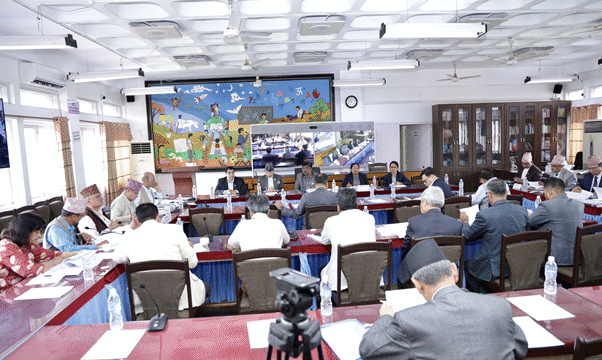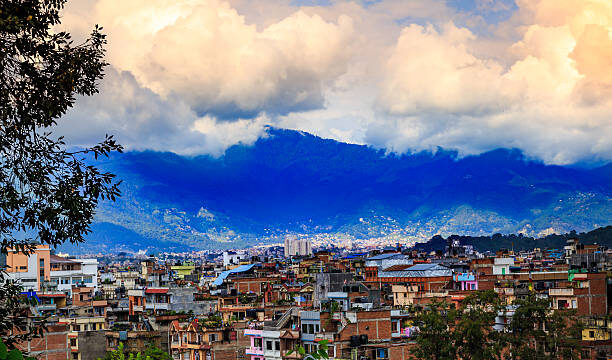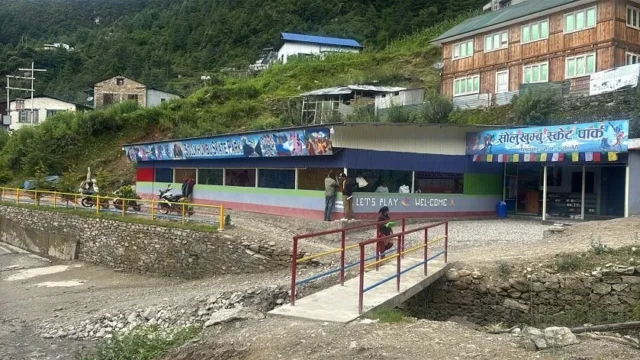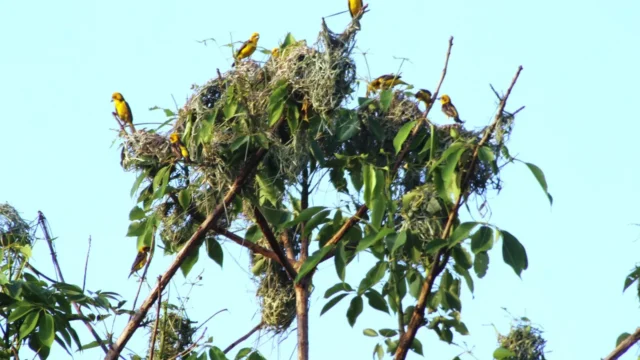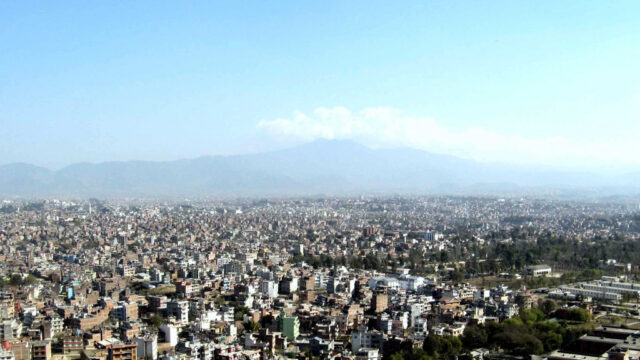High in the serene Himalayan heights at 4,410 meters above sea level, Dingboche villagers have once again embraced the cherished tradition of ‘Dei’ this year, marking a month-long departure from their homes.
The Sherpa community of Dingboche reveres ‘Dei’ as a sacred practice deeply rooted in Buddhist beliefs. It’s a time when villagers ceremonially lock their homes, offering respite to deities and fostering peace within the village. This cultural ritual holds immense significance for Dingboche’s Sherpa community, renowned for its proximity to the majestic Himalayan range, including Mount Everest.
Dingboche, with approximately 60 households primarily engaged in hospitality, boasts around 30 hotels and lodges. While hospitality forms the backbone of the local economy, some households also nurture livestock and practice agriculture.
The observance of ‘Dei,’ usually observed between the Asar and Saun months in the Nepali calendar, involves performing rituals under the guidance of lamas and gurus. Pasang Nuru Sherpa, a respected ward member from Khumbu Pasanglhamu Rural Municipality Ward 4, emphasizes that this tradition has endured for centuries in Dingboche.
“The ‘Dei’ tradition embodies our commitment to spiritual harmony and prosperity. Despite its impact on daily life and business, locals staunchly uphold this practice,” he explained.
During ‘Dei,’ visitors are encouraged to honor local customs. Even during the off-season, tourists flock to nearby destinations like Kathmandu, Pokhara, and Bodhgaya in India.
While Dingboche uniquely practices ‘Dei,’ neighboring Sherpa settlements such as Pangboche, Khumjung, Namche, and Lukla also uphold similar traditions, adapting to modern tourism trends.
Each year, two individuals, chosen as ‘Nawa’ in Sherpa, oversee ‘Dei’s’ rules, including when to depart, home rituals, and communal dining practices. This tradition underscores the Sherpa community’s dedication to preserving its cultural heritage.
Local Sherpas stress that ‘Dei’ must continue uninterrupted, as it safeguards communal harmony and spiritual well-being, mitigating misfortunes according to local beliefs.
Dingboche’s ‘Dei’ tradition has not only preserved cultural identity but also emerged as a beacon for sustainable tourism. It attracts trekkers and mountaineers en route to Everest, who contribute significantly to local economy by staying in Dingboche’s hotels and exploring the breathtaking surroundings.
Trekkers often spend two nights in Dingboche to acclimatize before embarking on their Everest expedition, enhancing economic opportunities during the trekking season.
